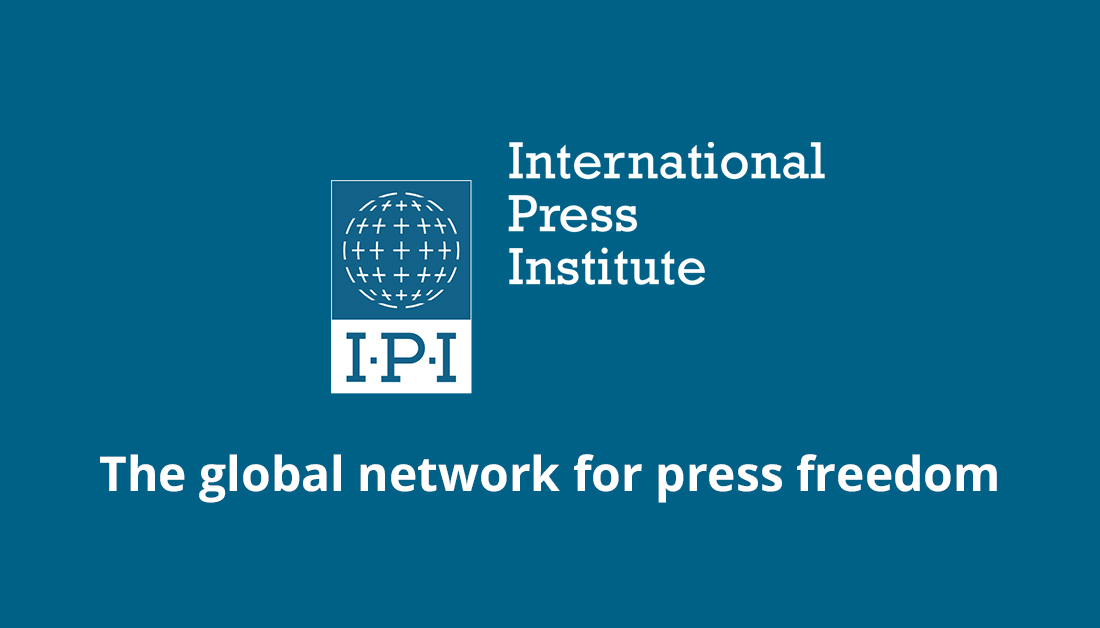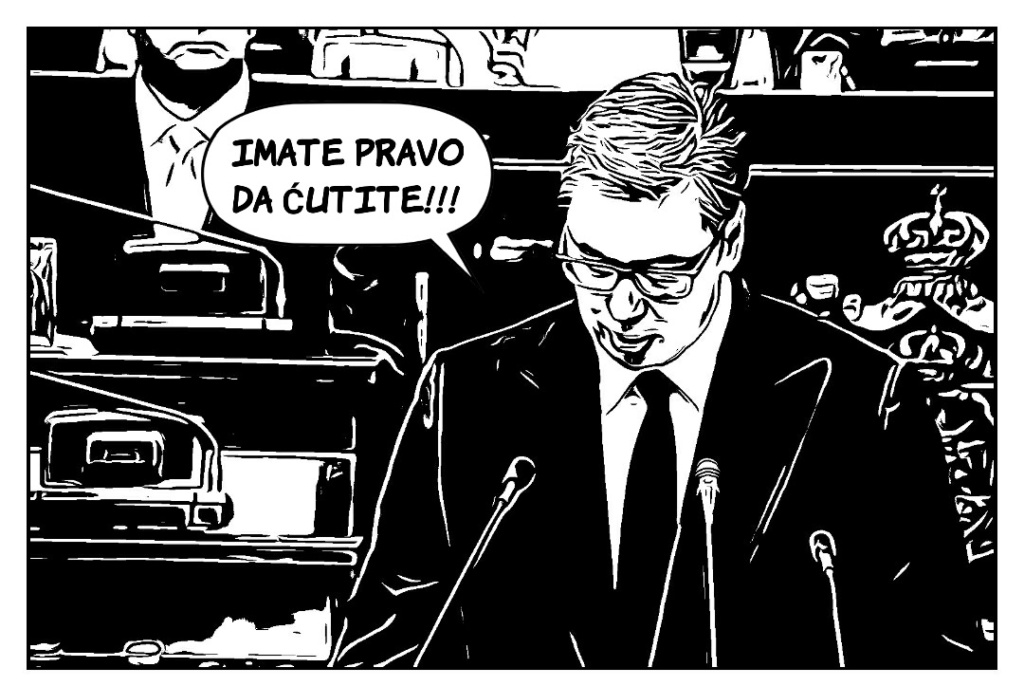
At least 75 journalists have been killed in three months since the war started — the largest number of journalists to be killed in this span of time in any modern war or conflict on record. A vast majority of those killed have been Palestinian journalists covering the war from inside Gaza, where relentless airstrikes by the IDF have resulted in staggering civilian casualties and wide-scale devastation. Just days ago the IDF deliberately targeted a vehicle carrying multiple journalists, killing two and injuring three others. Multiple independent investigations concluded that the IDF carried out a targeted attack that killed a Reuters journalist and wounded six reporters in southern Lebanon in October.
This spate of unprecedented violence against journalists in Gaza over the past three months follows years of targeted attacks on journalists and media outlets in Palestine by the IDF, including the targeted killing of veteran Al Jazeera journalist and IPI World Press Freedom Hero Shireen Abu Akleh in May 2022. Over the past 12 weeks in Gaza, Israel has also bombed media offices, arrested journalists, and cut off access to essential communications. This Israeli-imposed information blockade includes heavy restrictions on international journalists from entering and reporting from the Gaza Strip, which has dramatically limited information about the war from inside the region.
Freedom of the press and the right to share and access information are universal human rights guaranteed to all, regardless of borders. These human rights apply to journalists in Palestine as they do to all journalists around the globe. These rights apply during times of peace and in war, when journalists often put their lives on the line to share with the public essential news of the conflict and its effects from the ground.
States are legally bound under international law and international humanitarian law to ensure the safety of journalists, as civilians, during times of armed conflict, and to refrain from intentionally targeting or damaging media and communications infrastructure. States also have a duty to investigate attacks on journalists promptly, thoroughly, and independently, and to prosecute those responsible — even during times of war and conflict. The deliberate targeting of journalists and media outlets is a grave breach of the Geneva Conventions, and may constitute a war crime under the Rome Statute of the ICC — and must be investigated as such.
Israel has consistently flouted calls by the intergovernmental bodies, such as the UN, and civil society, including press freedom and human rights groups, to respect these obligations. IPI now calls on the international community — including, in particular, allies of Israel as well as all 50 member states of the Media Freedom Coalition — to use all diplomatic avenues to hold Israel to its international obligations to respect press freedom and journalists’ safety.
The international community should urge Israel to:
- Ensure journalists can report safely and independently from inside Gaza, in accordance with international human rights law and international humanitarian law. This includes allowing for the passage of essential equipment, protective gear, and other aid to journalists inside Gaza.
- Allow immediate and independent access to the Gaza Strip by international media and foreign correspondents, who have been barred from entering the region except in limited circumstances and in the presence of IDF troops.
- Refrain from the deliberate targeting of or indiscriminate attacks against journalists, media offices, and other critical communications infrastructure, as these actions are grave breaches of international humanitarian law and may constitute war crimes.
- Launch and carry out swift, thorough, transparent, and independent investigations into the killings of all journalists, the bombings of media offices and infrastructure, as well as reports of arbitrary detentions and torture of journalists in Gaza and the West Bank. These investigations must include the full involvement of independent international experts or observers and must follow UN protocols for conducting investigations into human rights abuses.



 Silovanje ili cenzura: Na šta to smrdi Pepe le Tvor?
Silovanje ili cenzura: Na šta to smrdi Pepe le Tvor? Filmovi o novinarima i za novinare
Filmovi o novinarima i za novinare Snaga dobre priče: O mitologiji medija
Snaga dobre priče: O mitologiji medija
Ostavljanje komentara je privremeno obustavljeno iz tehničkih razloga. Hvala na razumevanju.